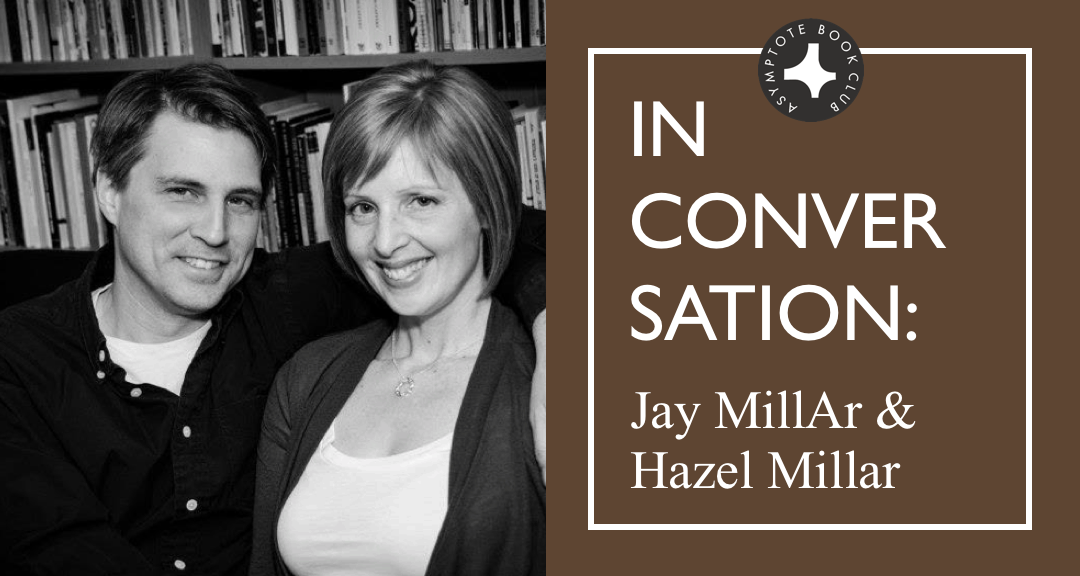This week our writers report on a timely translation of a Chilean novel, a new translation of Antoine Saint-Exupéry’s classic, The Little Prince, into Kaqchikel, literary prizes in Guatemala, and grime rapper Stormzy’s pop-up publishing event in London. Read on to find out more!
Scott Weintraub, Editor-at-Large, reporting from Santiago
In a recent op-ed in the Chilean newspaper La Tercera (October 19, 2019; trans. Natasha Wimmer published in The Paris Review), writer Nona Fernández speculates as to the nature of the “big joke” responsible for the massive protests against President Sebastián Piñera’s neoliberal policies, among other social and political issues:
The fare hike? The minister of the economy’s advice to take advantage of cheaper early morning fares and get up at 6 A.M.? The pizza that President Piñera is eating right now at an upscale Santiago restaurant, deaf to the voice of the city? The pathetic pensions of our retirees? The depressing state of our public education? Our public health? The water that doesn’t belong to us? The militarization of Wallmapu, the ancestral territory of the Mapuche people? The incidents apparently staged by soldiers to incriminate Mapuches? The shameful treatment of our immigrants? The hobbling of our timid abortion law, due to government approval of conscientious objection for conservative doctors? The ridiculous concentration of privileges in the hands of a small minority? Persistent tax evasion by that same minority? The corruption and embezzlement scandals within the armed forces and the national police? The media monopoly of the big conglomerates, owners of television channels, newspapers, and radio stations? The constitution written under the dictatorship that still governs us to this day? Our mayors, representatives, and senators who once worked for Pinochet? Our pseudodemocracy?








